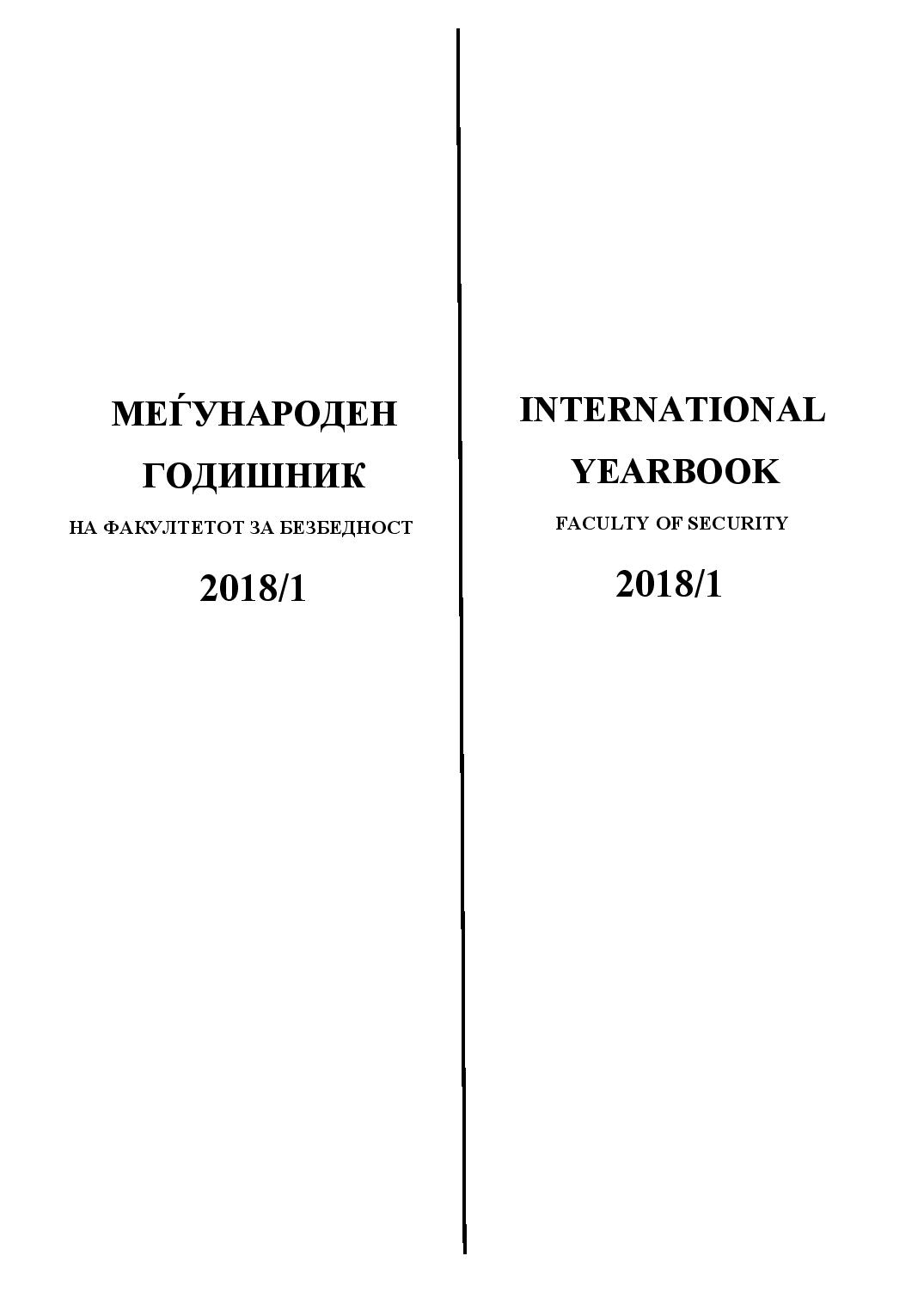PSYCHOSOCIAL CONSEQUENCES ON REFUGEE CHILDREN: IS RECOVERY POSSIBLE?
PSYCHOSOCIAL CONSEQUENCES ON REFUGEE CHILDREN: IS RECOVERY POSSIBLE?
Author(s): Dragana BatićSubject(s): Human Rights and Humanitarian Law, Victimology, Migration Studies, Asylum, Refugees, Migration as Policy-fields
Published by: Факултет за безбедност - Скопје
Keywords: refugee; refugee children; crisis; psychosocial intervention
Summary/Abstract: The experience of stress and anxiety, which are part of the life of refugee children, are visible in their behavior, body symptoms, as well as emotional reactions. Children are especially sensitive and their reactions depend on the manner in which they perceive the adults in their environment, mostly parents. Studies show that, if we want to analyze children reactions resulting from traumatic experiences such as war and resettlement, we need to take into consideration their environment, especially their family. This paper will make mention of studies which analyze the post-traumatic reactions of refugee children. It will also analyze stress reduction programs, in other words, psychosocial interventions which help in reducing the severe consequences of the process of socialization in critical situations caused when the children were refugees. The focus is put on the possibility that psychosocial intervention may reduce the consequences caused by stressful situations, to help children to analyze their internal experiences, to conduct their own activities in the environment and to offer their parents psychological support to reorganize their family and the relationships with their refugee children. A psychosocial group intervention with refugee children in which the author participated is also described.
Journal: Меѓународен Годишник на Факултетот за безбедност - Скопје
- Issue Year: 2018
- Issue No: 1
- Page Range: 57-67
- Page Count: 11
- Language: English

